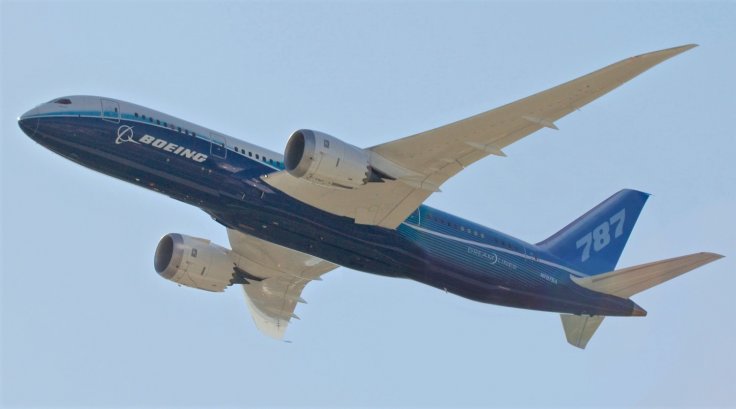After years of turbulence, Boeing is regaining the altitude. The plane-maker, which experienced safety issues and canceled orders after its 737 MAX crisis and delays with its 777X program, has scored a giant win.
According to a statement from the company, "Etihad Airways announced that it will take delivery of 24 of the latest model Boeing 777-8 freighters and four Boeing 787-9 Dreamliners." The deal, which will take place during a visit by U.S. President Donald Trump to the United Arab Emirates, marks a turnaround for Boeing and increased confidence from global airlines.

It will involve Boeing 787 Dreamliners and the future 777X models. All the planes are going to be powered by engines produced by GE Aerospace. Deliveries are scheduled to begin in 2028. The new planes, Etihad said, will enable it to adapt to evolving travel trends and contribute to the airline's long-term prospects.
The deal is one of several included in a much larger $200 billion package of business between the U.S. and UAE. U.S. officials said the agreement would bolster jobs, manufacturing, and exports in the American aviation sector. It also cements the two countries' relationship.
It has about 100 aircraft in its fleet now. It aims to expand the fleet to more than 170 planes by 2030. The airline is set to take delivery of up to 22 new planes this year. They will include 10 Airbus A321LRs, six Airbus A350s, and four Boeing 787s, with the earliest due to enter service in August.
Etihad's chief executive said the new plane would help grow the airline's network and satisfy increased demand. Adding the 777X planes, which have improved fuel efficiency and longer range, will enable better long-distance travel routes.
It's not the first time Etihad has expressed an interest in the 777X: the airline ordered 25 of the planes in 2013. However, financial difficulties and restructuring caused a delay and reduction in that order. Etihad's new deal represents a renewal and expansion of its commitment to Boeing's next-gen jets.
The announcement came days after another Gulf airline said that it planned to buy as many as 210 planes from Boeing in what was labeled the largest wide-body aircraft order in recent memory. That deal, potentially valued at more than $96 billion, is an indication that growing numbers of large aircraft are needed in the Middle East.
Etihad's investment is part of a broader effort to help diversify Abu Dhabi's economy. The airline is owned by ADQ, a $225 billion state powerhouse that controls part of nearly every facet of life in Abu Dhabi and is positioning itself as a traveling companion of the world. Etihad, under its new management team, has managed to become a more growth-, operations-, and, we can assume, fleet-conscious airline.
This deal also provides a morale boost to Boeing. The company has been struggling to restore its reputation after several years of safety problems and production delays. This fresh display of confidence from Etihad helps move Boeing toward a more assured, sustainable future.
The deal, potentially worth $14.5 billion, is about more than planes. It's a symbol of stronger global trade, better business connections, and shared goals between two nations committed to expanding and innovating.








